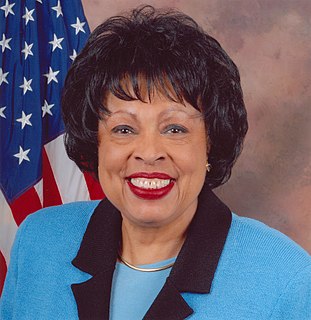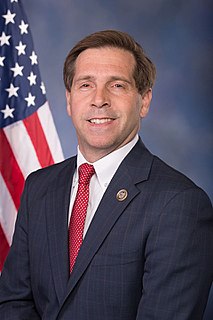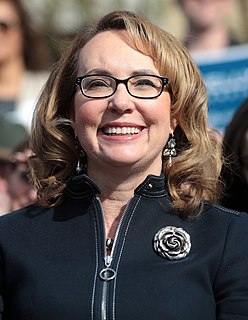A Quote by Gina Miller
It is a tenet of representative democracy that MPs are not delegates for their constituents. This means that their decisions and actions are ultimately governed by putting the best interests of all their constituency before all else.
Related Quotes
If you look at Indian society, it's a society made up of minorities. There's nobody who's not a minority, whether it's ethnicity, caste or religion. But the whole effort now is to confect a political constituency - an ethnic or a religious constituency that can coalesce into a political majority in order to deal with this model of representative democracy. That process has been a hundred years in the making in this part of the world.
Democracy is a daring concept - a hope that we'll be best governed if all of us participate in the act of government. It is meant to be a conversation, a place where the intelligence and local knowledge of the electorate sums together to arrive at actions that reflect the participation of the largest possible number of people.
Democracy entails a correlation between the public interest as expressed by a majority of the population and the governmental policies that affect them. The term encompasses various manifestations, including direct, participatory and representative democracy, but Governments must be responsive to people and not to special interests such as the military-industrial complex, financial bankers and transnational corporations. Democracy is inclusive and does not privilege an anthropological aristocracy.





































